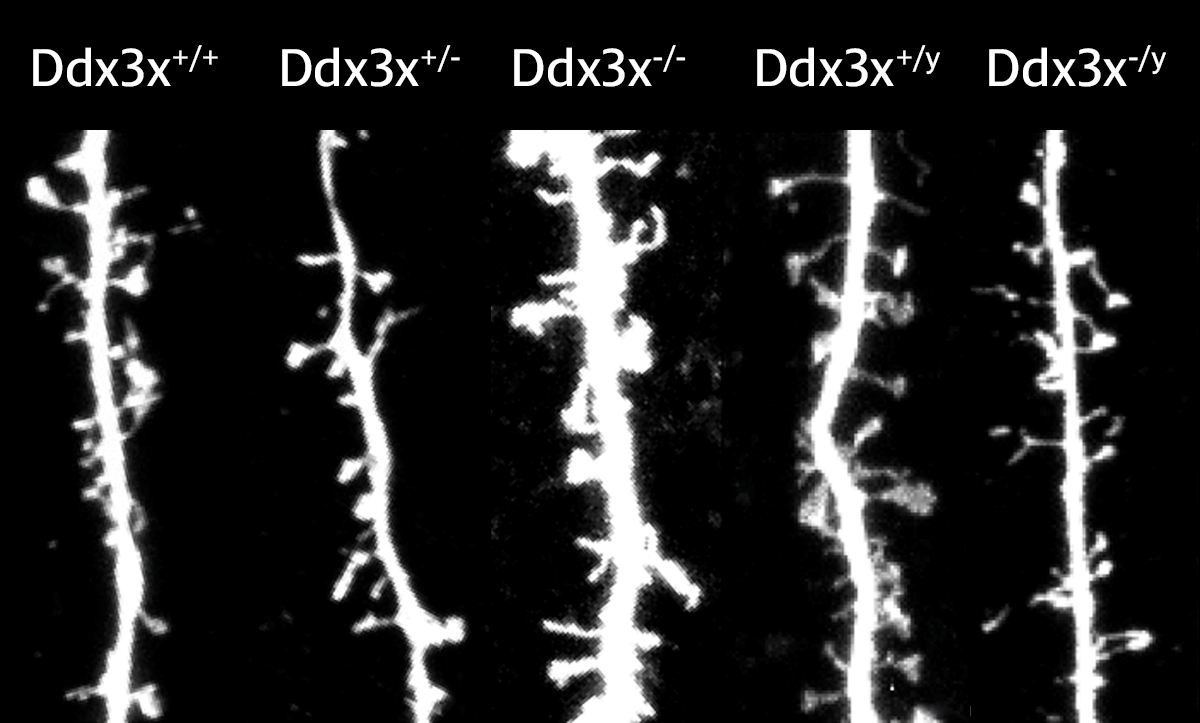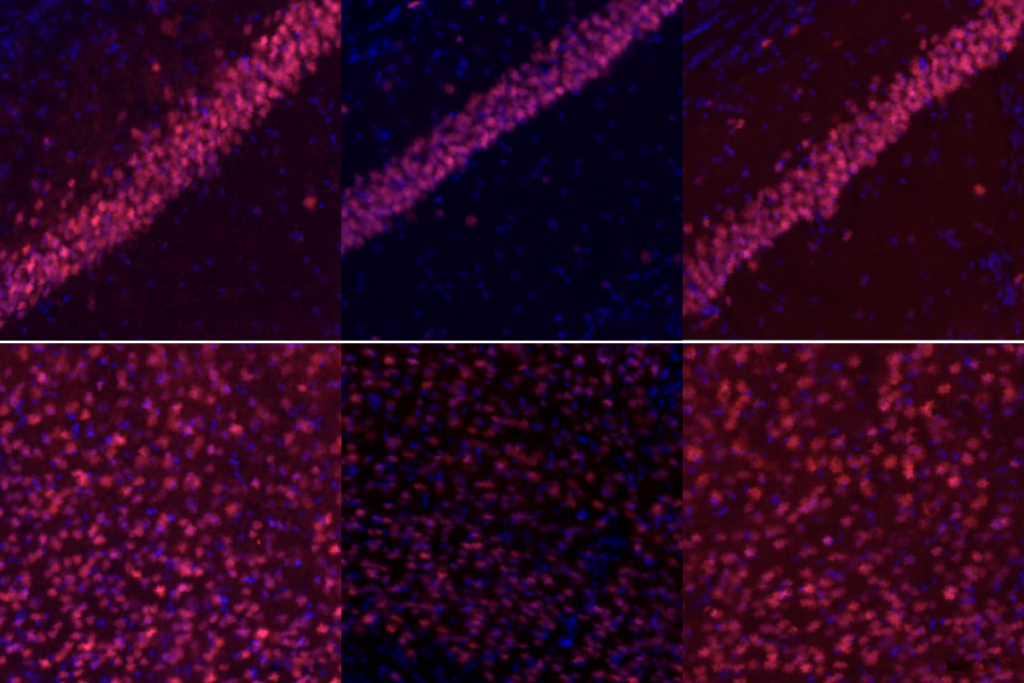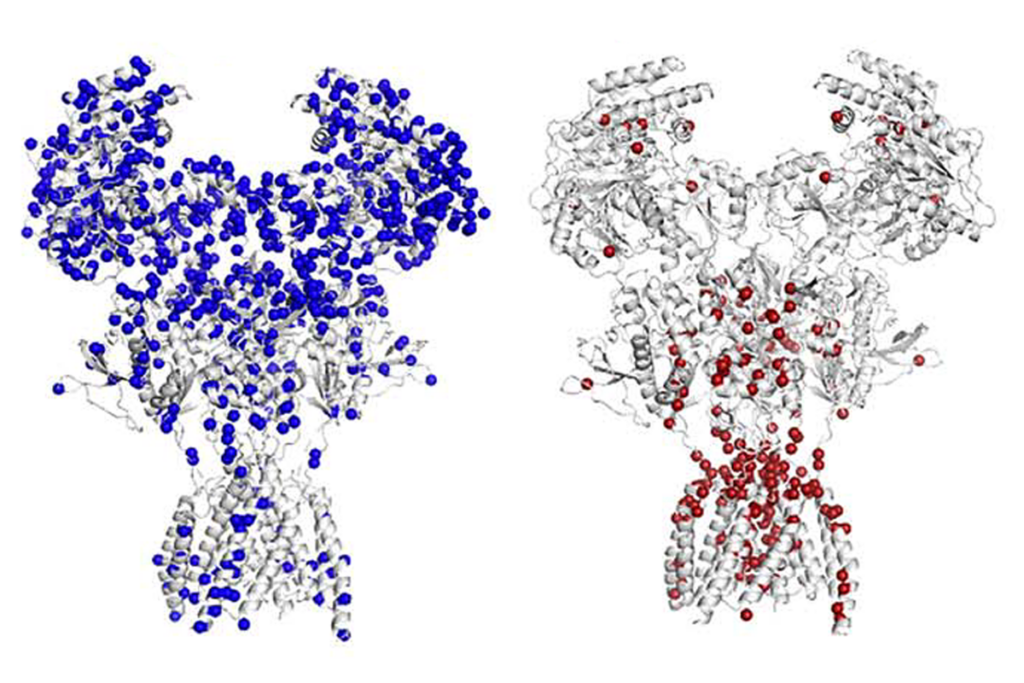Interacting conditions: Autistic people are more likely than their non-autistic peers to have obesity and post-traumatic stress disorder (PTSD), along with other health conditions, according to a new analysis of Medicaid records. The links between stress, trauma and obesity are well studied in the general population but not in the context of autism. Autistic children and young adults were 2.12 times more likely to be obese than their non-autistic peers, consistent with past research. The prevalence of PTSD is harder to pin down, in part because the condition can present differently in autistic people. In the new study, the association between autism and obesity was stronger in people without PTSD than in those with the condition. Journal of Autism and Developmental Disorders
More autism research we spotted:
- “Cell-type specific global reprogramming of the transcriptome and epigenome in induced neurons with the 16p11.2 neuropsychiatric CNVs” European Journal of Human Genetics
- “Sex-specific perturbations of neuronal development caused by mutations in the autism risk gene DDX3X” Nature Communications






